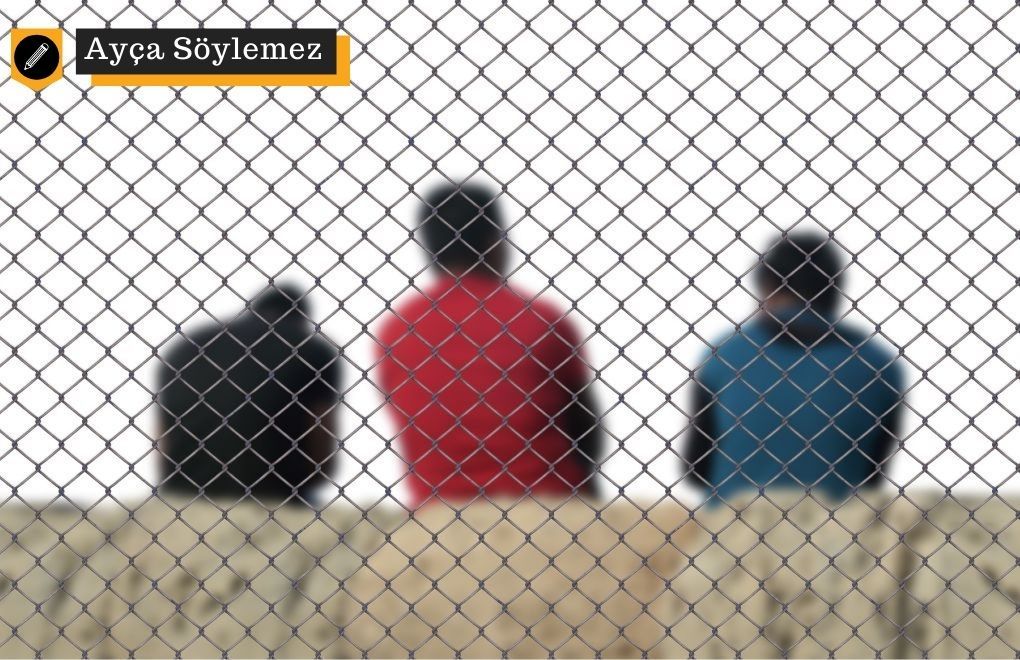Click to read the article in Turkish
The Constitutional Court has found a rights violation in the case of a citizen of Tajikistan, who did not pose a threat that requires his deportation according to a lower court ruling.
The ruling had not affected the situation of K.S., who is of Uzbek origin, because he won the case after he was deported.
In relation to the prohibition of maltreatment, which is regulated in article 17 of the Constitution, K.S's right to an effective application, which is guaranteed by article 40 of the Constitution, was violated, and he should be paid 26,000 lira (~3,540 USD) in compensation, the top court ruled.
"Allegations of maltreatment were not investigated"
The Constitutional Court stated that K.S.'s deportation could not be prevented although the deportation proceeding was halted by judicial authorities.
If foreign citizens have defendable allegations that they would be subjected to maltreatment if they were deported, administrative and judicial authorities investigate in detail whether there was a risk of violations in the country in question, said the court.
The allegations of maltreatment that the applicant would be subjected to were not investigated in any stage, the court noted.
"Not a person to be deported"
The top court also stated that it became clear after a court ruling that the applicant was not a person to be deported.
Not halting the deportation proceedings caused a violation of the right to an effective application in relation to the prohibition of maltreatment, said the court.
"Considering that the applicant was deported, it is clear that the finding of the violation will be insufficient in terms of compensating the damage suffered by the applicant.
"Therefore, in order for the violation to be eliminated with all its consequences within the framework of the reinstatement rule, it should be decided to pay the applicant 26,000 lira for non-pecuniary damages that cannot be compensated only by the determination of the violation caused by the violation of the right of effective application. "
What happened?
K.S., with his spouse and children, legally entered Turkey on March 11, 2015. He obtained a "humanitarian residence permit" after an application.
While his permit continued, his home was raided on the suspicion of his connection with ISIS. He and his family were taken into administrative custody.
In the statement taken without the presence of an attorney or an interpreter, he said he came to Turkey to work, he was not involved in any incidents and he had a valid passport.
The Governor's Office of İstanbul decided that he should be held in administrative custody for a month and then deported.
K.S. appealed the decision at the İstanbul 1st Administrative Court. While the case continued, he was sent to the İzmir Removal Center. He was deported to Dushanbe, Tajikistan on March 10, 2017, while the case was still ongoing.
The administrative court ruled for the cancellation of the deportation process, concluding that there were no findings or evidence that K.S. had a connection to ISIS, other "terrorist organizations" or "conflict zones."
Also, the court noted that there was no information that he was involved in a criminal act in Turkey and did not have the "G-87" code, which is used for foreign citizens who are considered a threat to public security. (AS/VK)





.jpg)